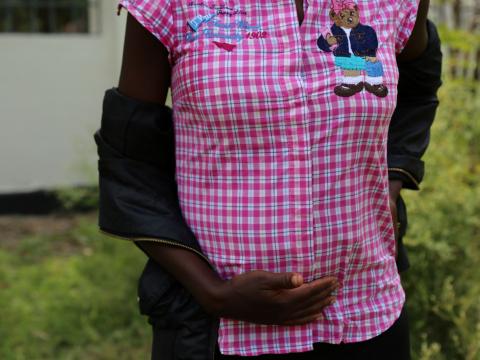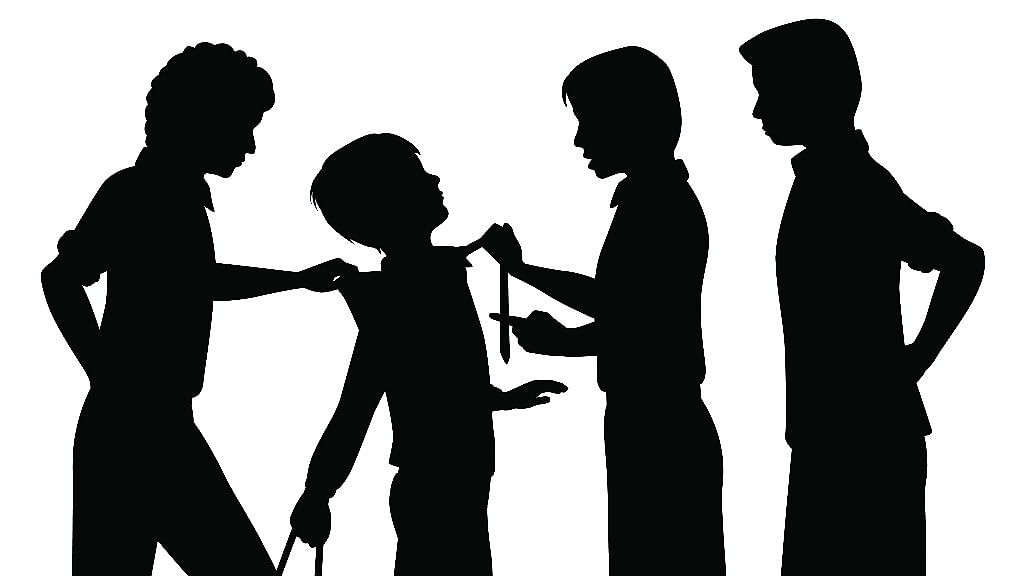Why Parenting Styles Matter When Raising Children

It’s no secret that the first few years of childhood are crucial. Early experiences shape the adults we become, and parents play a vital role in this development.
Parenting styles—strategies and methods used to raise children—have long been studied for their impact on children’s behavior and development.
According to the State of the World’s Children 2021 report, parenting is foundational to children’s mental health.
Parents must thus nurture self-esteem from a young age to develop mentally healthy adults. Parenting styles and actions significantly influence a child’s behavior and development.
To gain a deeper understanding of how parenting styles affect individuals, Parents’ Magazine sought insights from three Gen Z adults as well as child and mental health specialists Esther Nyaboke and Elizabeth Kabuthi who also double up as parents.
The Four Parenting Styles:

1. Authoritarian Parenting
“Authoritarian parents are largely controlling,” explained Nyaboke. She also added that this method of parenting often results in children who struggle to make decisions independently and lack confidence in their judgment. “They believe they know what is best for their children and often do not listen to their children’s. opinions.”
2. Authoritative Parenting
“This style is situational. Parents respond to the needs of the situation while allowing their children some freedom to make their own decisions,” said Nyaboke.
Children raised by authoritative parents tend to develop a healthy sense of independence and confidence.
3. Permissive Parenting
Permissive parents are accommodating, allowing behaviors that might be frowned upon by others. “Such children often grow up believing that others owe them and should cater to their needs, which can lead to entitlement issues,” Nyaboke observed.
4. Neglectful Parenting
This involves the absent and neglectful parents. “Neglectful parents are hands-off, uninvolved, and dismissive,” Nyaboke said. This style leaves children feeling abandoned and disrespected, severely impacting their self-esteem.
Impact on Emotional and Academic Development
Nyaboke emphasized the profound impact these parenting styles have on a child’s emotional development giving an example with how neglectful parenting can leave a child feeling unworthy and inferior. Conversely, children of authoritative parents usually have better emotional regulation and social skills.
When the physical well-being is affected, the mental health is caught up in the mix. Therefore, parenting styles also affect academic performance and motivation.
“A child from a neglectful home may hesitate to participate in class, feeling unworthy of their peers,” Nyaboke said. This lack of engagement can hinder academic success.
Long-term effects can include depression, stress, and even suicidal thoughts, often linked to neglectful parenting.
Real-Life Reflections

Maxwell Kamau, 23, describes his parents’ approach as authoritative. This open environment allowed Maxwell to feel heard and maintain a healthy sense of discipline.
“They were transparent about their expectations and boundaries but also valued my opinions,” he recalled.
Reflecting on his upbringing, Maxwell points to his proactive approach to challenges.
“Growing up, my parents always encouraged me to tackle problems head-on and find solutions, rather than avoiding them,” he said. This mindset has significantly aided him in his academic career and daily life.

Joel Mbuthi, 24, reflects on a blend of authoritative and permissive upbringing. “Watching my guardians bring me up without the use of alcohol or drugs has enabled me to keep away from such,” he said. Joel acknowledges that the approach taught him the value of completing tasks to the best of his ability.
Anthony Mbithi, 24, also reminisced about his parents’ authoritative approach. “My parents encouraged me to confront challenges head-on and find solutions,” he explains. This mindset has proven invaluable in both his academic pursuits and daily life.
Expert Insight

Child specialist Elizabeth Kabuthi from Moi Teaching and Referral Hospital elaborates on the impact of parenting styles on children’s development.
“Parenting with an authoritative approach is about being warm, responsive, and nurturing while also setting clear boundaries. This style fosters independence and resilience,” she explained.
Conversely, authoritarian parenting, which prioritizes obedience and discipline over warmth, can result in low self-esteem and social skills struggles.
Permissive parenting may lead to children lacking self-discipline and control.
Uninvolved parenting, marked by emotional detachment, often results in children feeling abandoned and insecure.
Kabuthi underscores the importance of consistency in parenting. Inconsistent methods can lead to confusion and insecurity in children. Providing a stable and supportive environment is essential for healthy development.







